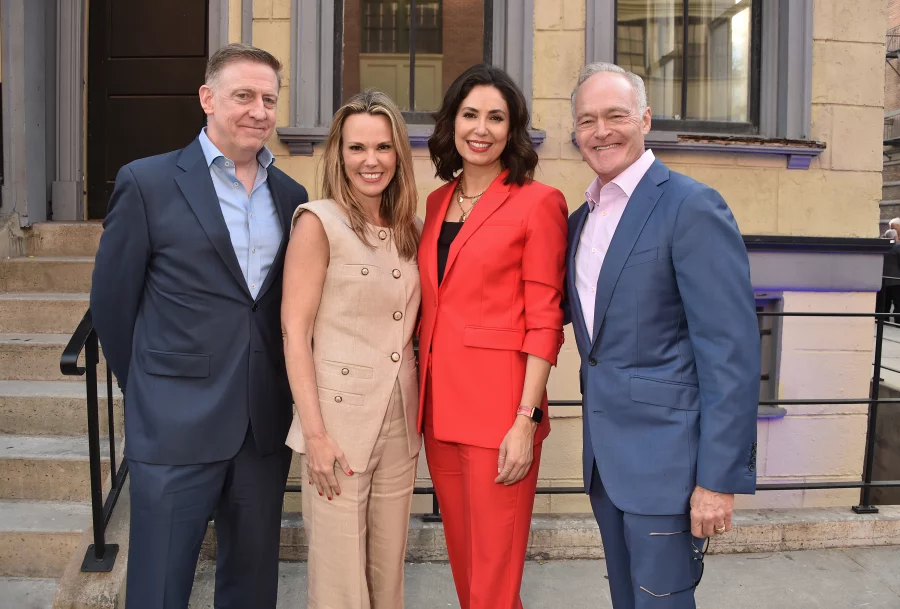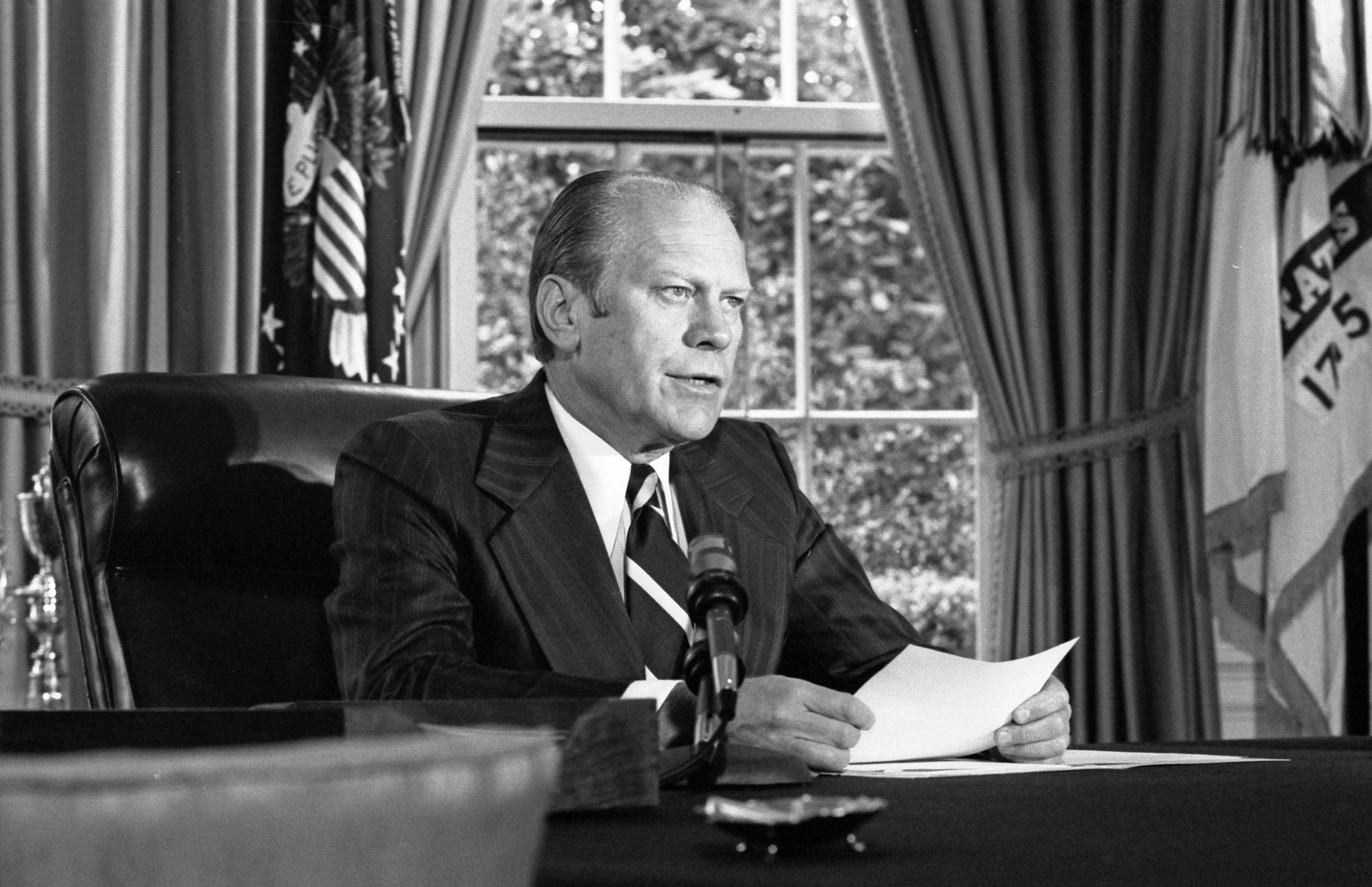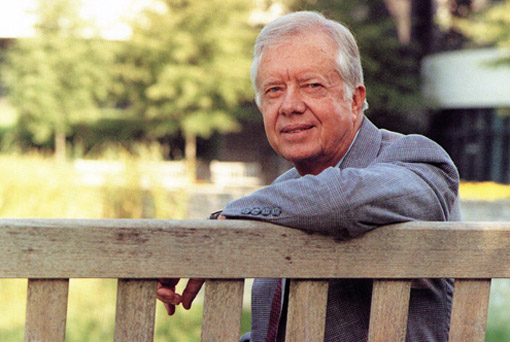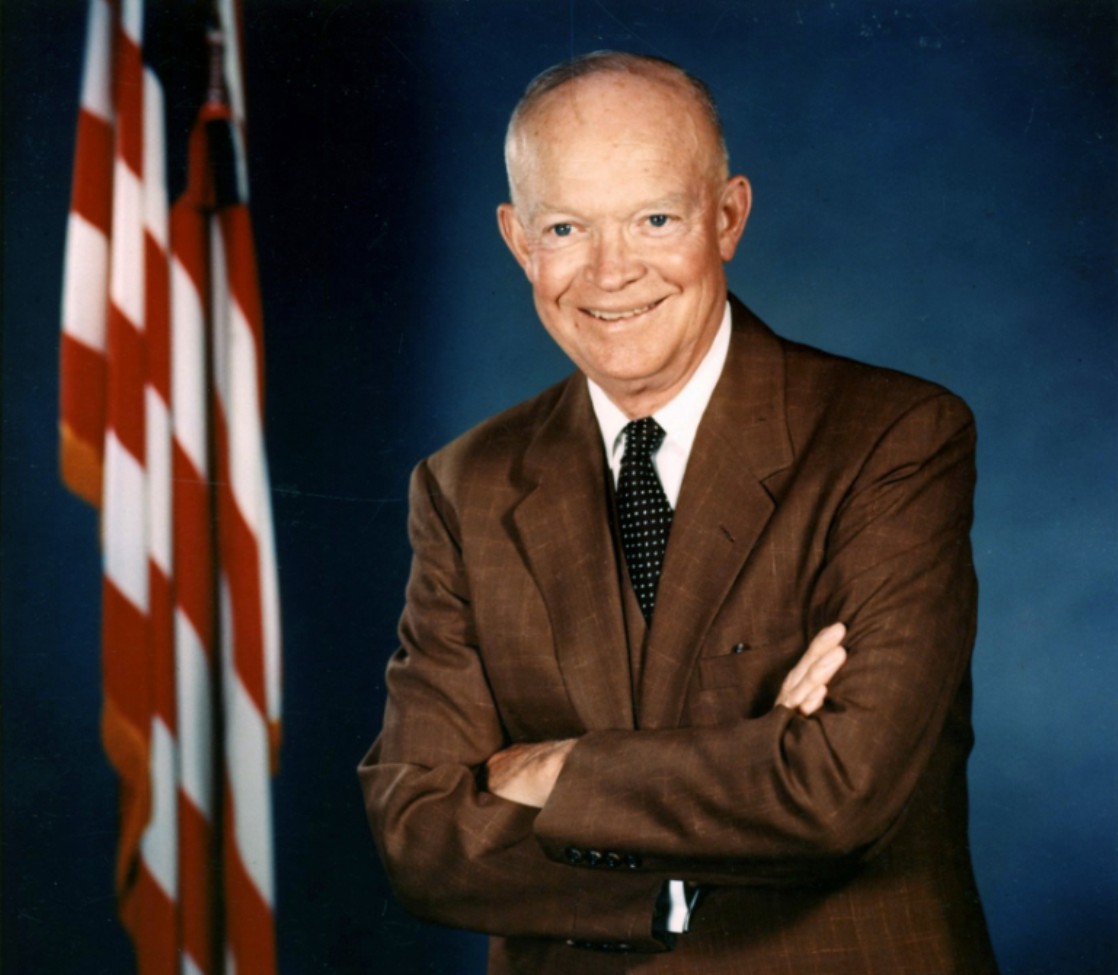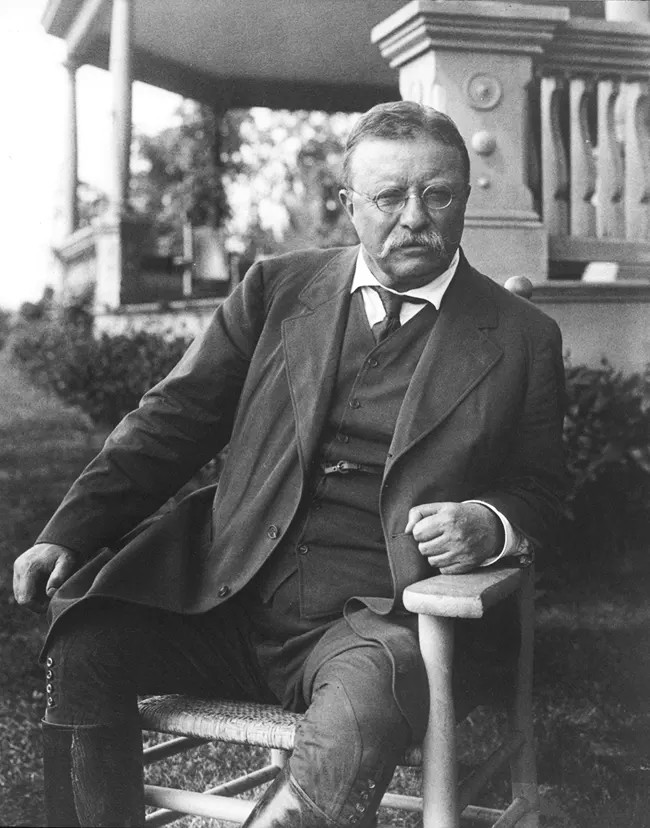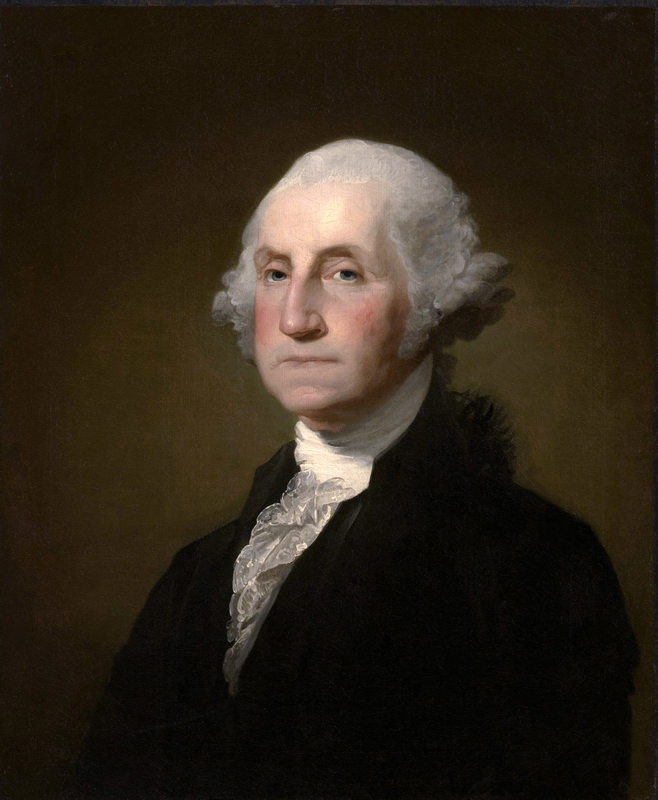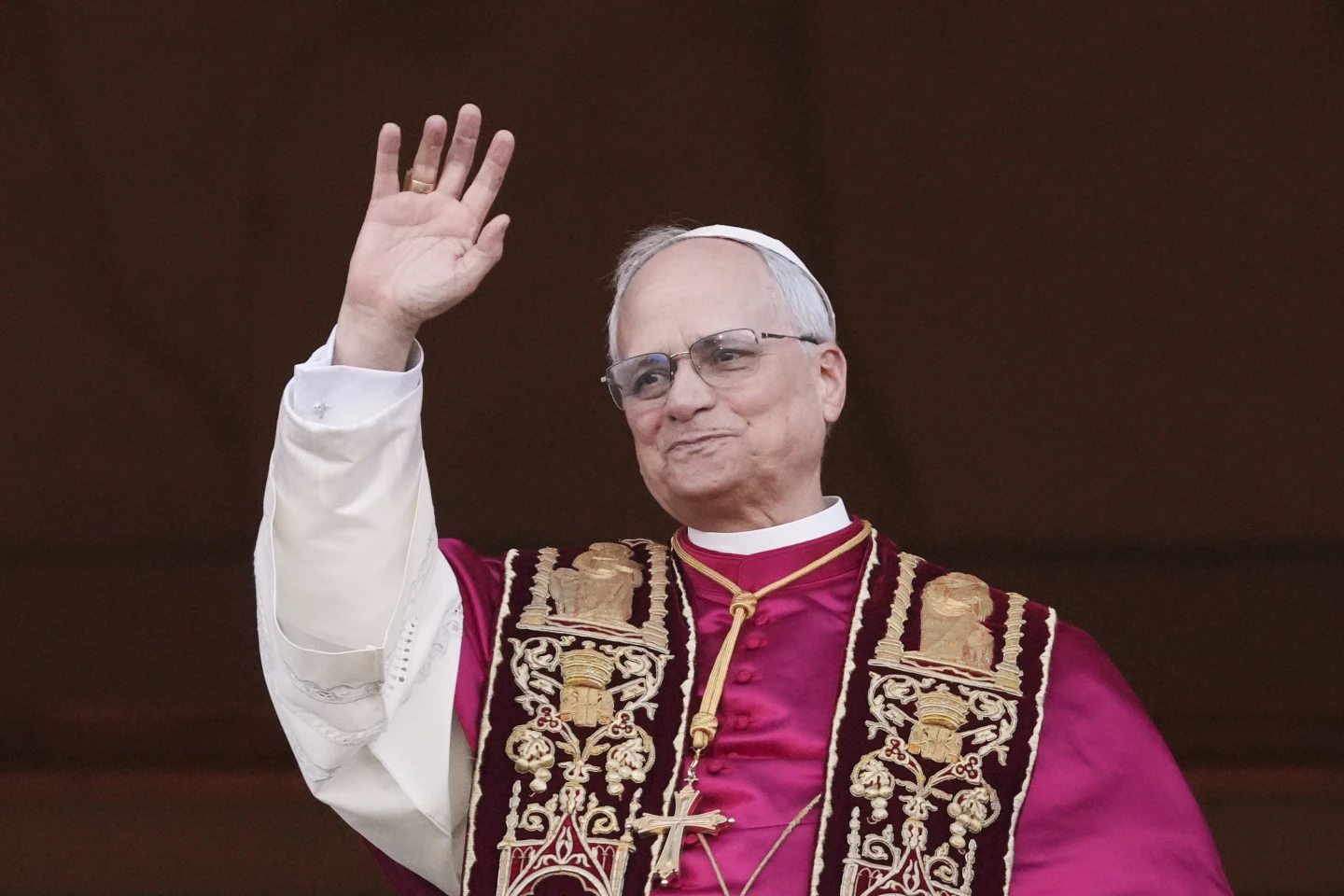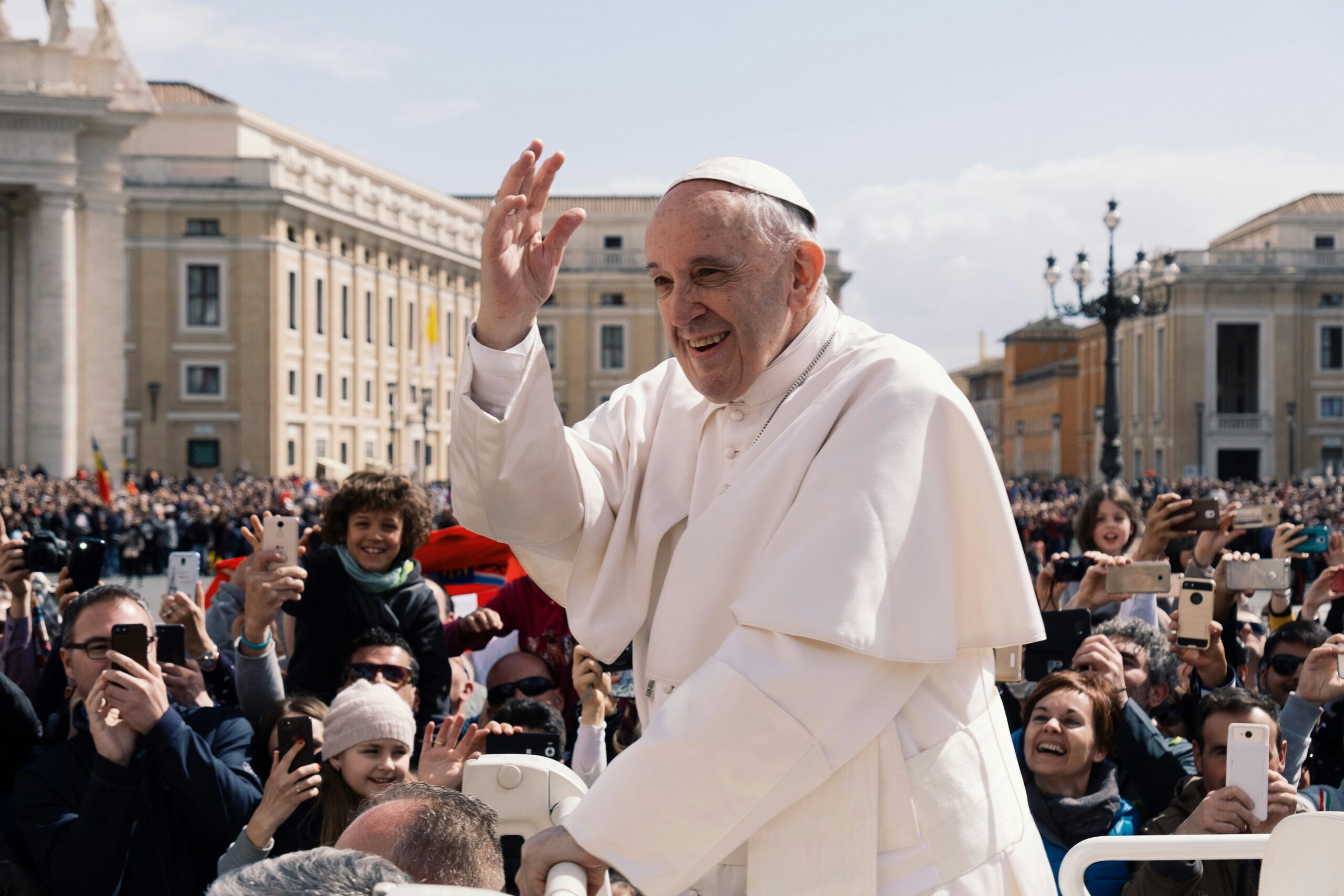Shortly after the grenade blast, Marine, Lance Cpl. William Carpenter recalled a loud ringing in his ears and then something warm.
“I felt like warm water was being poured all over me from the blood coming out,” Carpenter said.
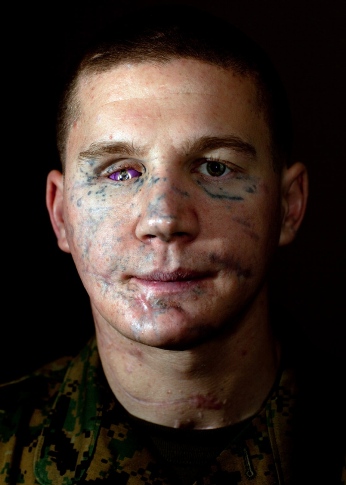
In order to save fellow Marine, Lance Cpl. Nick Eufrazio, Carpenter used his body to repress an enemy grenade. Despite sustaining horrific injuries, he remained conscious just long enough to hear his buddies tell him “You’re going to make it.”
Then he blacked out.
Next month, Carpenter will be awarded the Medal of Honor for his extraordinary bravery in the face of almost certain death.
“My last few seconds before I lost consciousness,” Carpenter said, “I had accepted the fact that …I was not going to survive and make it off that rooftop.”
“Carpenter’s bravery on Nov. 21, 2010,” The Washington Post writes (May 19), “has been celebrated for years by fellow Marines, but it was never clear that he would receive the Medal of Honor. Pentagon rules require ‘proof beyond a reasonable doubt’ for the award — tricky, given the circumstances of Carpenter’s case. The infantryman, then a lance corporal, has never been able to recall what happened in the moments immediately before the explosion. The only other eyewitness, Eufrazio, of Plymouth, Mass., sustained brain damage, which prevented him from speaking.
“Still, the Marines who scrambled to the blast site to save Carpenter and Eufrazio have insisted for years that there was no doubt about what happened. They said they found the grenade’s blast seat — the point of detonation — underneath Carpenter, citing it as key evidence that he sought to smother the explosion. That, coupled with an exhaustive investigation, led the military to bestow its highest honor on Carpenter. The news that the award was approved was first reported in March by the independent Marine Corps Times. …
“The blast had destroyed most of his teeth, collapsed his right lung, fractured some of his fingers and caused massive trauma to his right arm. His jaw had been nearly ripped off. He was a longtime patient at Walter Reed National Military Medical Center in Bethesda, Md., and underwent about 40 surgeries.
“In an interview with The Washington Post, Carpenter said he used to be frustrated that he could not remember much about that day but has grown to accept it and is thankful to be alive.”
In spite of his extraordinary bravery, Carpenter still has trouble accepting the Medal of Honor for his action that day in Afghanistan.
“‘There are guys who I was with who didn’t come back, so it’s hard for me to wear this and have the spotlight on me the rest of my life when they lost their life on a hot, dusty field in Afghanistan and most people don’t even know their names,” Carpenter said. ‘Even at Walter Reed, I recovered with quadruple-amputees. How am I supposed to wear this knowing and seeing all the hardships that are much worse than mine that guys have gone through without any recognition?’
“Carpenter was a full-time patient at Walter Reed until last July,” The Times continues, “and he has since medically retired and moved on to attend the University of South Carolina. He drove 30 minutes home from college to take a phone call, surrounded by his family, from President Obama formally notifying him that he would receive the award, he said.
” ‘The conversation was short but sweet,’ Carpenter said. The president told him that bestowing the Medal of Honor is one of his greatest pleasures as commander in chief…
“Carpenter credited the Marines in his unit — 2nd Battalion, 9th Marines, of Camp Lejeune, N.C. — for saving his life and helping him recover. Many of them will be invited to the White House when he receives his award.
” ‘They’ve absolutely been a tremendous support,’ Carpenter said, “and a tremendous help through this journey, and I feel comfortable that I could call many of them. I feel like we’ll always be there for each other and have a special place for each other.’ ”
Carpenter’s reaction to all the attention is somewhat typical of heroes: credit your buddies, acknowledge those who fought, and died or are suffering worse injuries than yourself. Nevertheless, it’s the kind of selflessness we can all learn from: do your best, support others, share whatever credit comes your way. These are the kinds of character traits that inspire us all.
To Marine Lance Corporal William ‘Kyle’ Carpenter and the thousands more like him – past and present – we thank you! Perhaps the best way to truly honor these men and women is to strive to live beyond one’s own self-interests, recognizing that each of us has a duty to contribute to the overall public good.
Comments
